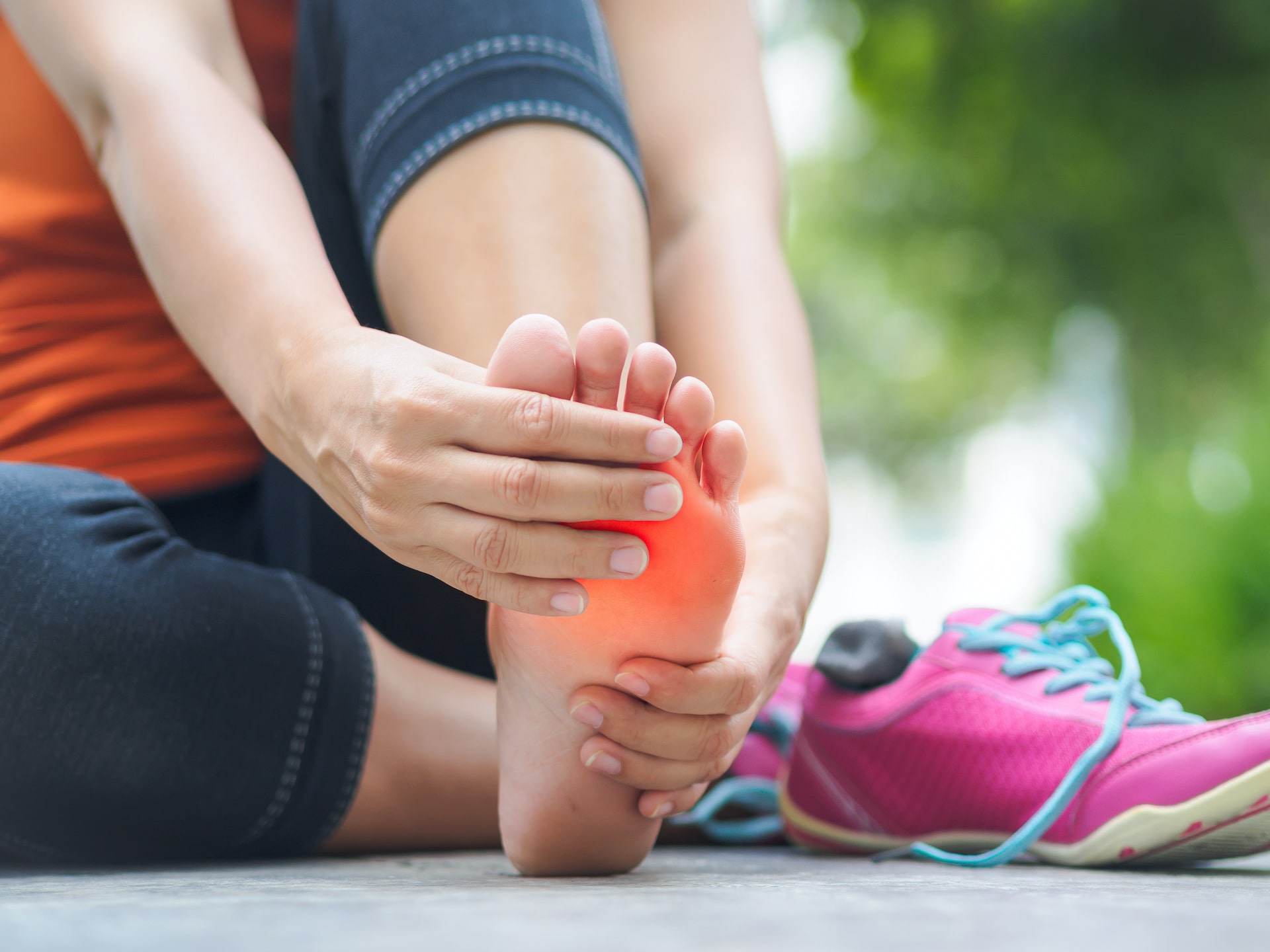The causes and types of peripheral neuropathy
Diabetic neuropathy — Diabetes is by far the most common cause of neuropathy, and like all forms, is not reversible. Diabetics are already at risk for skin ulcerations and infections in the feet, but if neuropathy is present, these risks become even greater. Although it cannot be cured, the progress of diabetic neuropathy may be slowed by carefully controlling blood glucose levels.
Alcoholic neuropathy — As many as half of all heavy, long-term drinkers will develop peripheral neuropathy, as ethanol is toxic to nerve tissues. Like diabetic neuropathy, the damage is irreversible.
Other causes of neuropathy — There are a number of other causes of neuropathy. The elderly are far more at risk for neuropathy as are those with arthritis or those with a family history of neuropathy. Certain medications, especially those used in chemotherapy, and exposure to pesticides, heavy metals, or certain chemicals also put one at greater risk. Neurologic disorders such as spina bifida and fibromyalgia are also associated with the development of neuropathy. Less often, an acute injury may also cause peripheral nerve damage.
Diagnosis and treatment
As soon as you notice any changes in sensations in the toes or feet, seek immediate evaluation by your Kansas City Foot Specialist podiatrist. Such changes may be signs of neuropathy, or if you have not been previously diagnosed with diabetes, these may be early indicators of that disease. Your podiatrist will examine your feet, take a healthy history, and may send you to have blood tests done, particularly blood glucose tests.
Once diagnosed with neuropathy, it is essential that you have a podiatry evaluation at least once per month, although your podiatrist may recommend more frequent examinations if your neuropathy is advanced or if you have poorly controlled diabetes or diabetic complications. Treatment will not cure your neuropathy but it may slow the progress of the disease. The first line of defense is to maintain a healthy diet, and if diabetic, to ensure that blood glucose levels are maintained at a healthy level. Always wear socks and well-fitting shoes, and never walk barefoot — be sure to protect your feet from possible injury.
Whether you are diabetic or not, inspect your feet regularly. Drying your feet after you shower or bath is an ideal time to examine your feet for signs of injury or damage. At the first sign of a problem, seek evaluation by your podiatrist in order to prevent complications. If you are unable to examine your own feet, have a family member or trusted friend regularly inspect them for you.
If you have had sensation changes in your feet, or are experiencing pain, numbness, or tingling, make an appointment with a Kansas City Foot Specialist podiatrist by calling 913-338-4440 today.



